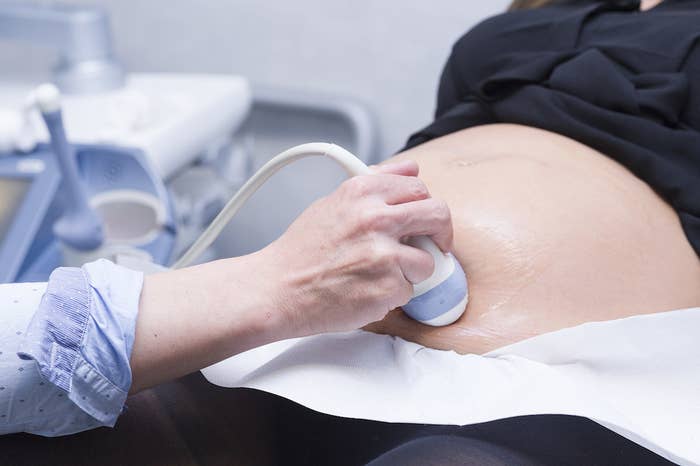
Eighty-one women are suing Sharp Grossmont Hospital in San Diego, California, after learning that they were secretly recorded by hidden cameras installed in the hospital's gynecology operating rooms, according to a complaint filed in California Supreme Court last week.
From July 17, 2012, to June 30, 2013, roughly 1,800 women were recorded in the three operating rooms at the hospital's women's center, the complaint stated.
The motion-sensing cameras recorded video of births, emergency C-sections, miscarriages, hysterectomies, sterilizations, and a variety of other procedures. The videos depicted the women's faces as they entered the hospital rooms for their operations, some were recorded undressing, and some were unconscious during the course of their procedures. None of the women were told they were being recorded.
"It’s such a shocking breach of patient privacy," Allison Goddard, the attorney representing the women in the case, told BuzzFeed News. "I’ve talked to hundreds of women who were affected by it. The response is nearly universal: They just can’t believe it happened."
The laptop cameras were installed on anesthesia carts in the operating rooms to address a drug theft issue at the hospital, Sharp Grossmont spokesperson John Cihomsky told BuzzFeed News. "The purpose of the three cameras was to ensure patient safety by determining the cause of drugs missing from the carts," Cihomsky said.
Due to the pending litigation, Cihomsky declined to comment further on the case.
A class-action lawsuit against the hospital was originally filed in 2016. The court denied its class certification, as well as the hospital's motion for a summary judgment, so 81 plaintiffs refiled last week. Goddard said they were expecting more women to join the lawsuit.
In addition to the breach of privacy involved in filming the women without their consent, the complaint also alleges that the hospital was "grossly negligent" in storing and protecting the recordings.
The videos were stored on desktop computers, some of which were not password-protected, the complaint states. Also, the hospital did not log who accessed the recordings, or when they accessed it. In addition, the hospital destroyed at least half of the recordings, but could not confirm whether the files were recoverable.
"Sharp violated their right to privacy and breached its fiduciary duty in the most egregious way by secretly recording them, allowing non-medical personnel to view the recordings without making any effort to track who was viewing them, and then destroying some of the recordings," the complaint states.
The videos were typically filmed from behind the women's heads during their procedures, Goddard said, sometimes depicting the women's bellies, and the tops of their thighs. In some of the videos, surgeries are visible, as well as parents meeting their babies for the first time.
"For some women it was the happiest day of their lives, and for some it was the saddest," Goddard said.
